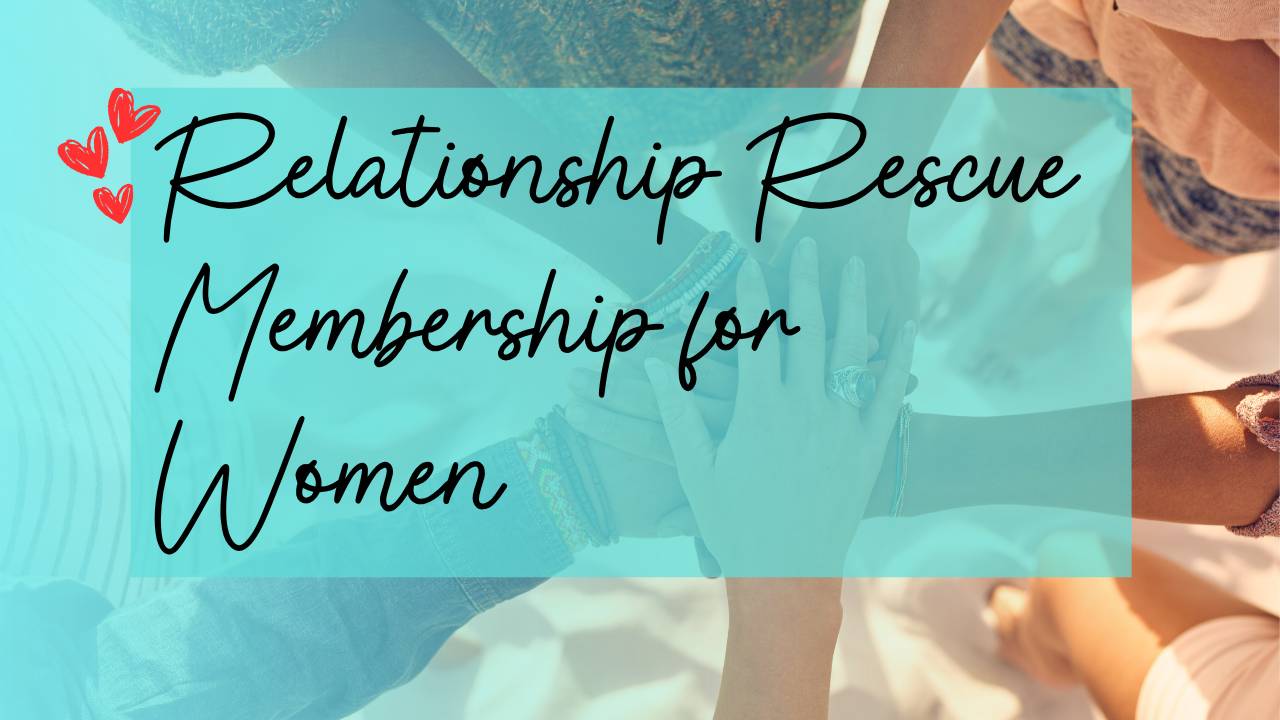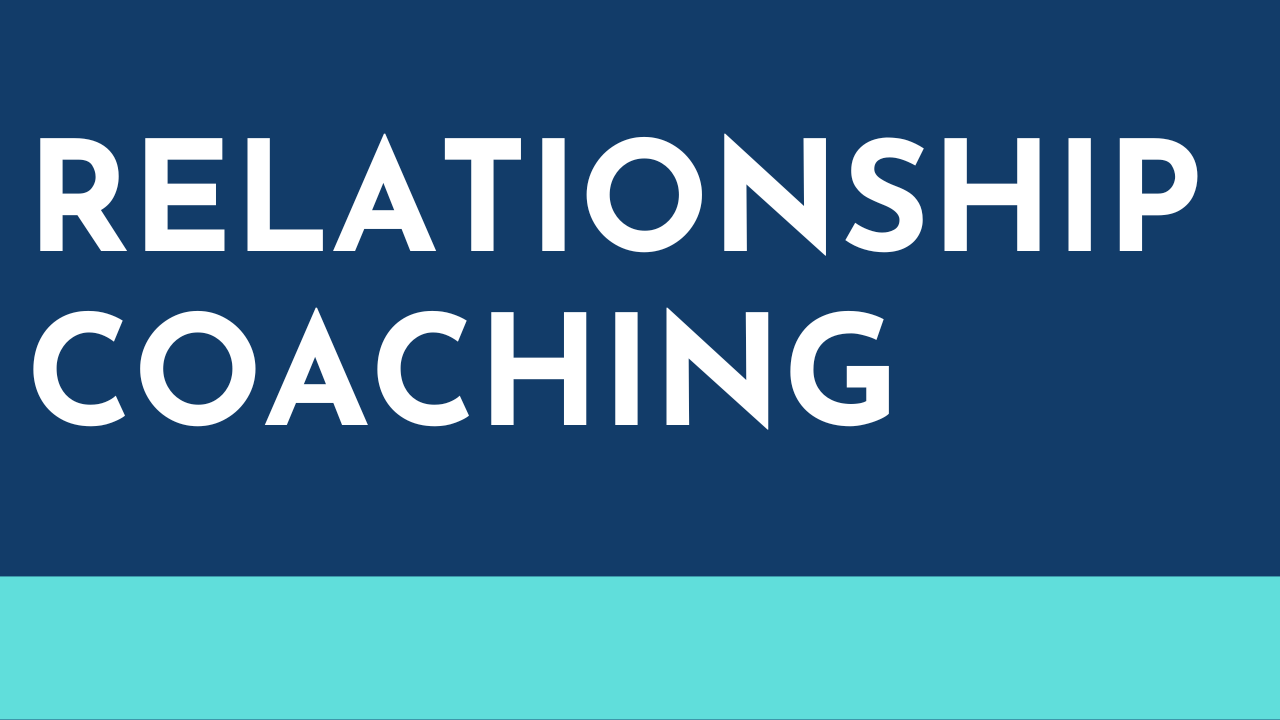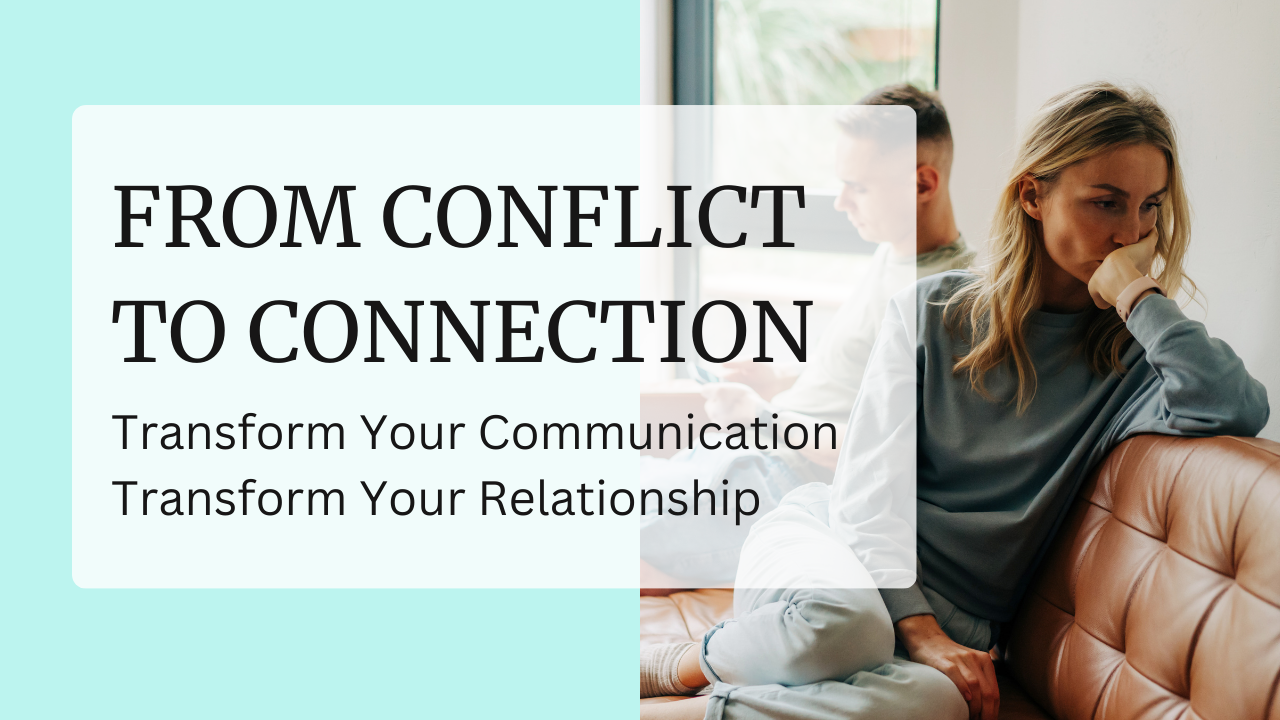23. Is Anger Really So Bad For Your Relationship?
Hi, I'm Karyn. I'm your couples therapist and relationship coach with Better Relationship Coaching. Before I get started, don't forget to hit the follow button so you can learn about new episodes that come out each week. And after you listen to this week's episode, make sure you head to my website, abetterrelationshipcoaching.com, to get your free workbook, Seven Questions to Reconnect With Your Partner.
Alright, so let's get started. Today, I want to talk about anger and how I think it actually gets a bad rap. A lot of times it's generally seen as a negative emotion and painted as something that really should be avoided or suppressed. I tend to disagree with this, though, and I feel that anger is not inherently bad. Instead, it's a natural human emotion that we all feel, and it actually carries really valuable information for us, especially within our relationships.
So, for couples that are wanting to have a better connection and improve their relationship, understanding anger and the messages that it's telling us can be really helpful. Let’s talk about why anger isn’t necessarily a bad thing and how it can serve as a guide to helping you improve your relationship.
Anger is a pretty complex emotion that comes up when we are responding to a perceived threat, injustice, or frustration. It's a signal to us, really, that something important to us is at stake. When you or your partner feel angry, it usually means there's an underlying issue that needs to be addressed. This can be related to unmet needs, unspoken expectations that we still want to have met, or unresolved conflicts that build up and create underlying resentment. Rather than viewing anger as something bad that needs to be suppressed, consider it as a messenger that is demanding your attention and saying, "Hey, we've got something we need to take care of here."
For instance, if you feel angry because your partner isn't spending enough time with you, the underlying need might be for more attention and more connection. When we're able to identify what's going on with us and what’s behind the anger we're feeling, and express our anger constructively, it can lead to positive changes and growth in a relationship. It can help promote more honest communication, which can lead to a better understanding of our feelings and increase the odds of our needs being met in the relationship when we express ourselves honestly.
It can also be a catalyst for problem-solving. If something in your relationship isn't working, feeling angry can motivate you to address the issue and find a solution together. When you're able to express yourself and let your partner know what's going on and what you're upset about, and you both come together to work on the situation, it can strengthen your relationship and make it stronger.
While anger itself isn't bad, how it's expressed can make a huge difference. The emotion itself is not bad, but the behavior stemming from the anger is what can be problematic. Uncontrolled expressions of anger, like yelling, swearing, or acting out in other ways, can do a lot of damage to the relationship and create more conflict and issues between you and your partner. Recognizing the difference between the emotion and its expression gives us the opportunity to decide how we’re going to move forward and express what's going on with us and discuss it with our partner.
Before you bring your anger to your partner, take some time to reflect on what's really bothering you. Did something specific happen? Is it tied to a deeper issue? Is there a pattern that you really need to address? Understanding the root cause can help you communicate more effectively. Once you realize what the underlying issue causing the anger is, you can approach your partner with it. Rather than seeing the situation as "me versus you," it's better to see the problem as an issue that you and your partner together need to work on.
To wrap things up, anger is a natural and necessary emotion in any relationship that comes up for all of us. It serves as a powerful signal and information that something needs attention. Remember, the goal is not to eliminate anger but to understand what's behind it and address the issue as a couple. By thinking about the underlying causes, anger can be an opportunity to learn more about yourself and your relationship.
Alright, that's it for this week. I hope this was helpful. Until next time, take care of yourself and take care of each other. Thanks.



